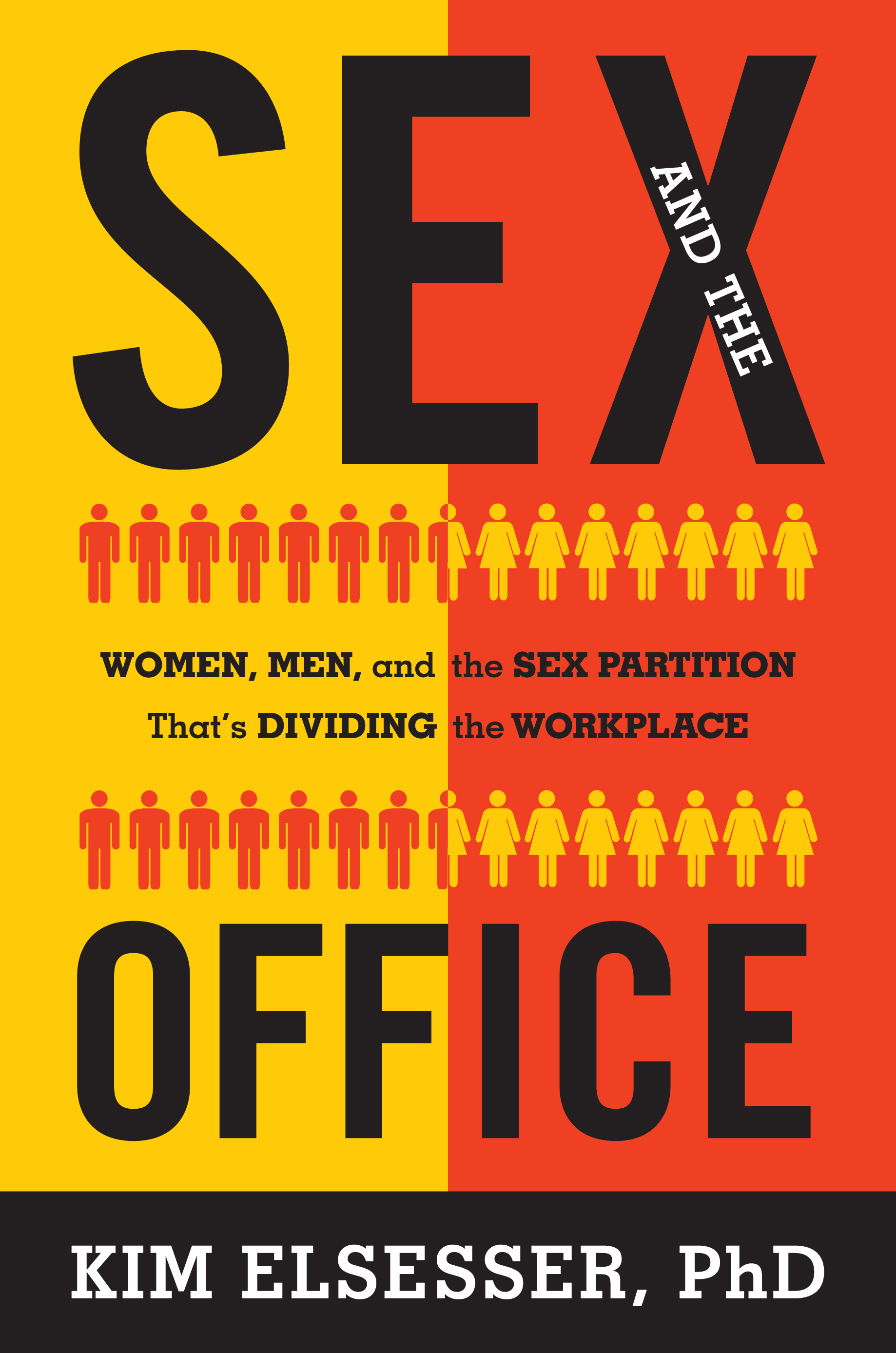Reviews:
Elle Magazine – This book bravely takes on the ways that our current obsession with legislating contact between the sexes-usually ‘to keep people from suing the corporation’ – has hurt women, because men fear that extracurricular contact with the opposite sex can be construed as harassment. . . .[Elsesser] introduces data that shows how hard it is for people who spend a lot of time together at work not to be attracted to each other, something called the ‘mere exposure effect’.
The Times [U.K.] Magazine – I think Elsesser has taken risks with Sex and the Office: she’s written a brave and sensible book that resonates like the first play of a good pop song. Even though you haven’t heard it before, you sort of already know it.
Publisher’s Weekly – The difficulties facing women in high-level jobs are not always borne of malice—often they result from run-of-the-mill discomfort and anxiety, says scholar and journalist Elsesser. She should know; she went to MIT when the graduate student body there was more than 80% male and worked at the Morgan Stanley trading floor when female traders were few and far between. The changing boundaries and rules regarding acceptable behavior both in the workplace and at work-related social events, she argues, can have a detrimental effect on workplace relationships—and, consequently, on women’s careers. Both men and women struggle with distinguishing between friendliness and sexual harassment, and with handling compliments to coworkers, outings on business trips, and networking—not to mention workplace romances. How to overcome those barriers, which keep men and women fearful of and apart from each other in the workplace? Elsesser adeptly provides both philosophical and granular help to managers, leaders, and anyone else looking to navigate the tricky gender partitions which exist in the workplace. A helpful, thoughtful, compassionate guide.
Ozy.com – In her new book, Sex and the Office, Elsesser explores how everything from sexual harassment policies to taboos on workplace romance — barriers she labels the “sex partition” — have made socializing and forming friendships with co-workers of the opposite sex difficult in the modern workplace. And since men still run the vast majority of organizations, such a partition leaves female employees without the influential male friends and mentors critical for career success.
AVAILABLE ON AMAZON: Click here to purchase

